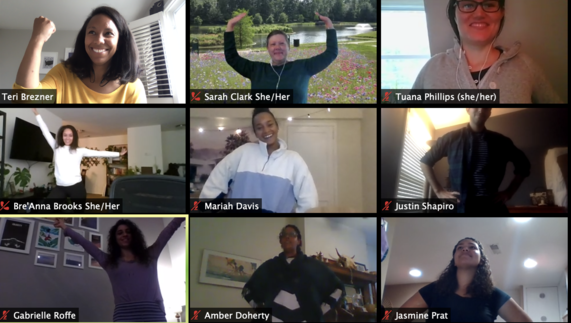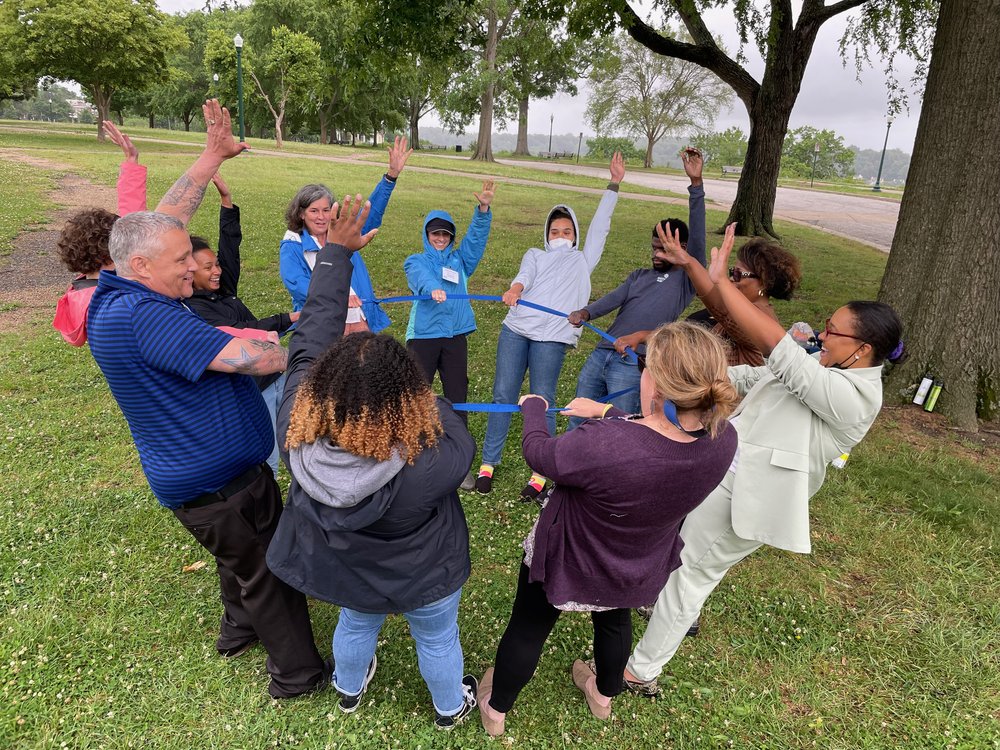Addressing Inequities Internally & Externally
The National Wildlife Federation strives to ensure that environmental justice is an integral part of its core mission. Because we recognize that this is extremely important and necessary when creating external partnerships, we work to ensure programs across the Federation are incorporating environmental justice and Tribal justice into their action plans. In this way, our partners can confidently and readily work with the Federation to address the environmental inequities resulting from systemic racism and past racist practices.
I joined the National Wildlife Federation in 2022 because it understands the relationship between its internal core values and the work it engages in outside of the Federation. It understands that any external effort to address unfair practices and policies relies totally on what it stands for and represents and the transparency it works in.
Dr. Adrienne Hollis
We are uniquely positioned to showcase how successful partnerships, particularly with groups in underserved communities, depend on recognizing the obstacles created by decades-long systemic racism. We have taken to heart the age-old adage, “Communities don’t care how much you know, until they know how much you care.” By making equity and justice a priority in all our work, the Federation can serve as a needed model for other green organizations on how to create lasting relationships.
relationships in
underserved
communities


The Federation Completes Environmental Justice Analysis
The Federation believes environmental justice is vital to our ability to better serve wildlife, people, and our planet. In 2022, the Federation completed a two-year environmental justice analysis that included training for all staff, affiliates, and board members and created a roadmap to institutionalize environmental justice principles across the Federation. By following the 17 Principles of Environmental Justice and the Jemez Principles for Democratic Organizing, we will advance holistic, sustainable, and long-lasting solutions that both address community needs and protect critical species and landscapes. By institutionalizing these core values across all programs, policies, and practices, the Federation can transform into a 21st century organization that is committed to using its power and privilege to address environmental inequalities that have overburdened communities of color and those with lower wealth.
Photo Credit: iStock
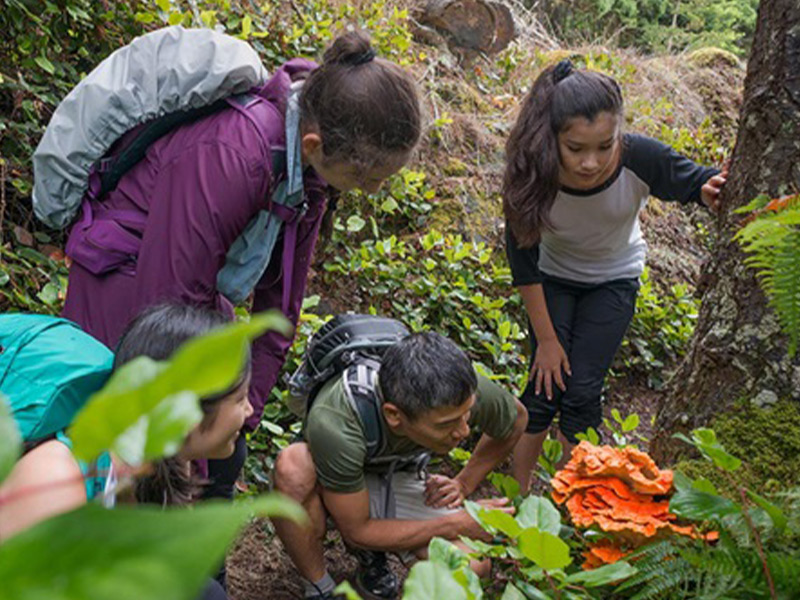
Seeds of Culture Change Podcast
The National Wildlife Federation launched a podcast to tell stories about our equity and justice journey. Hosts Kaila Drayton and Nicole Litwiller interview employees from across the Federation to hear their vulnerable, funny, and insightful reflections about this work. The creators of this podcast understand that lived experiences are forms of truth, which is why personal storytelling is uplifted throughout this season. While individual views expressed on the podcast do not necessarily reflect those of the Federation, each episode aims to tell an honest story of where the National Wildlife Federation has been and where it is going. “Seeds of Culture Change” is available anywhere you listen to podcasts.
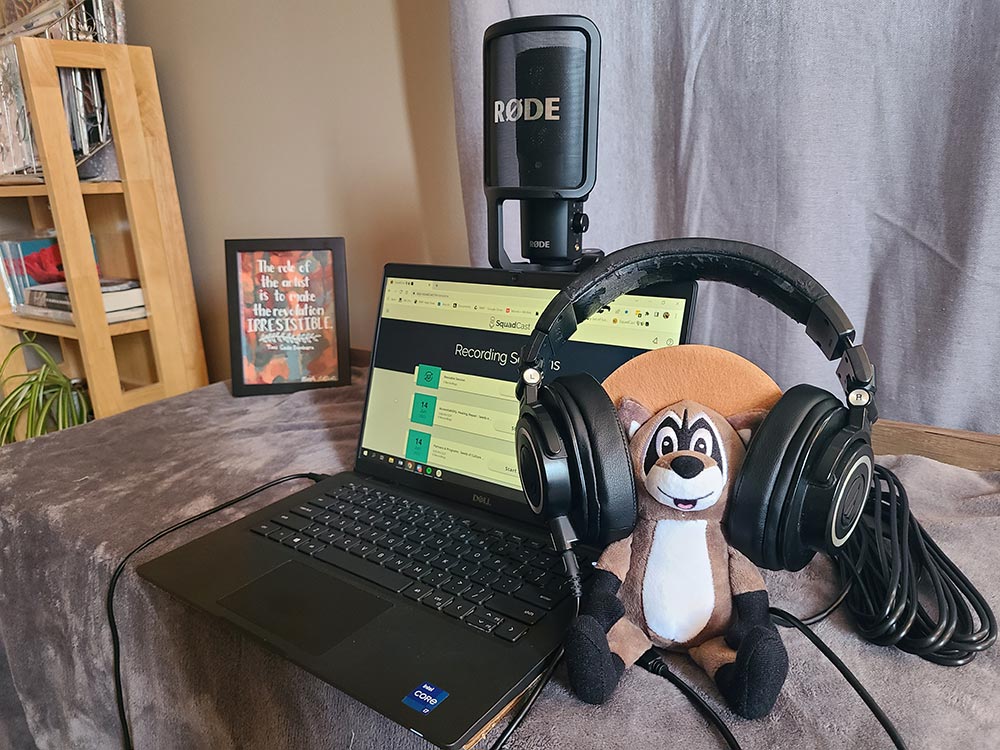
Democracy and Civic Engagement Progress
Free and equal access to the ballot is a justice and equity issue that dovetails with the Federation’s environmental justice principles. That’s because communities that are targeted for voter suppression are often the same places made into sacrifice zones for environmental pollution. Voter disenfranchisement is a strategic tool used to diminish the political power of frontline and fence-line communities and prevent collective action against environmental injustice. Over the past year, the Federation has engaged with environmental and pro-democracy partners to support efforts to safeguard our democracy and to educate the public about the importance of participating in elections.
Photo Credit: iStock
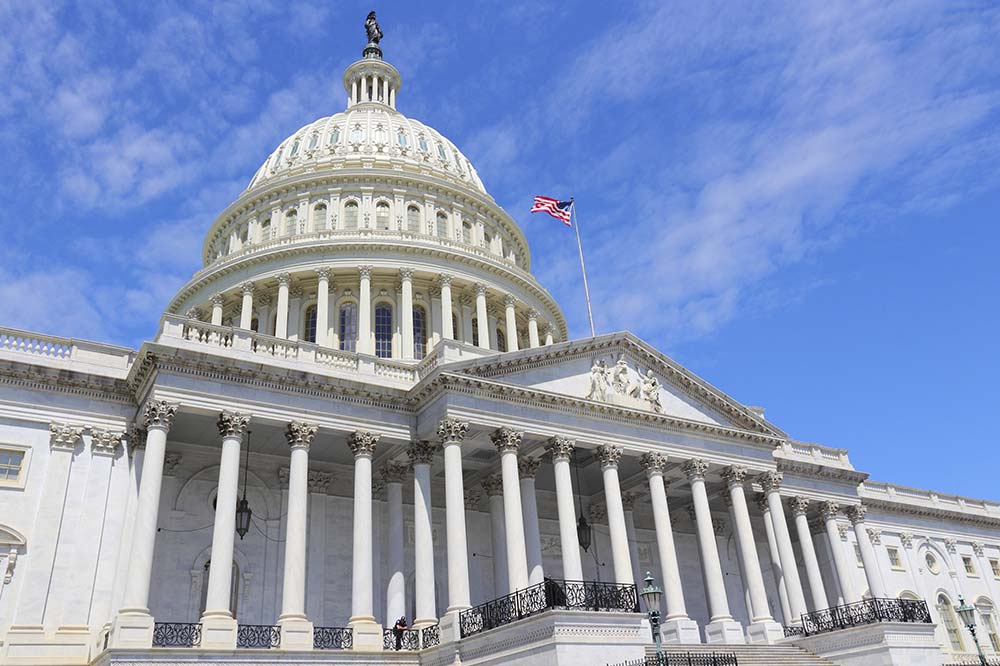
Young Professionals of Color Mentorship Program
Black, Indigenous, and People of Color (BIPOC) professionals often face racist structural barriers to advance their careers. The Choose Clean Water Coalition, hosted by the Federation, coordinated with partners to start the Young Professionals of Color Mentorship Program (YPC), which provides mentorship and training to young people interested in working in clean water programs throughout the Chesapeake Bay region. Equity, justice, and environmental justice are at the heart of YPC, as the program aims to alleviate barriers to young professionals of color in the environmental movement. In its seventh year, YPC has helped more than 100 individuals gain the tools needed to excel in their careers.
Photo Credit: Courtesy of Choose Clean Water Coalition
